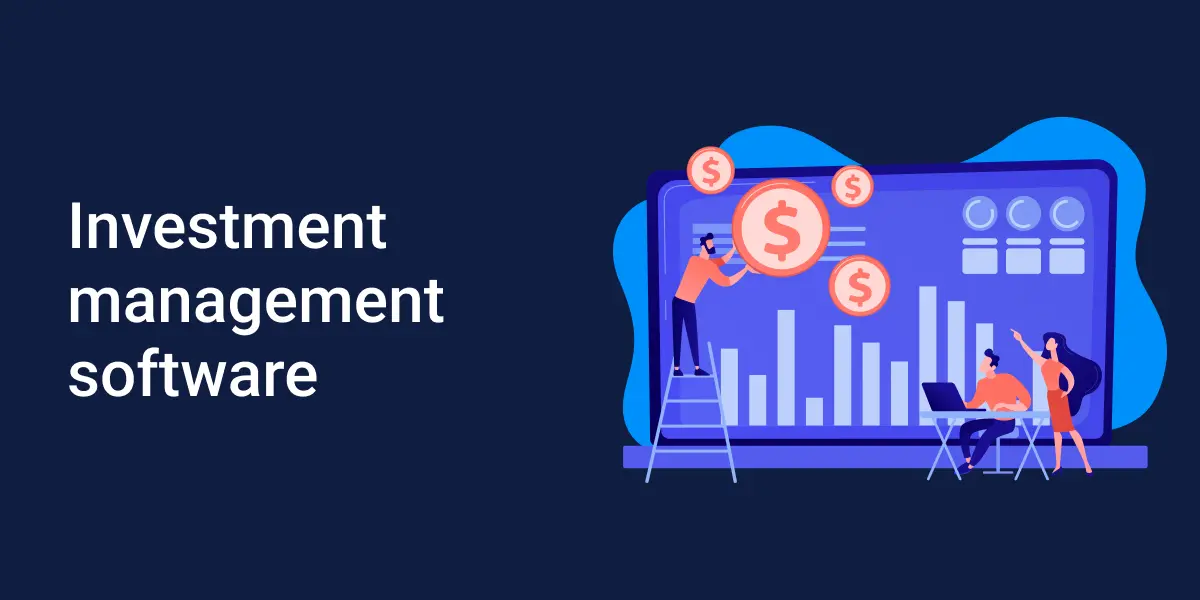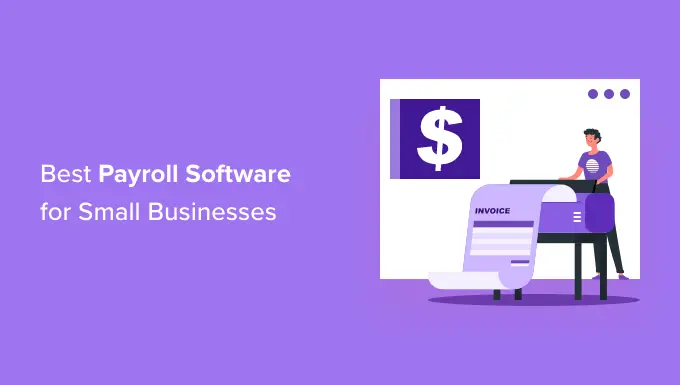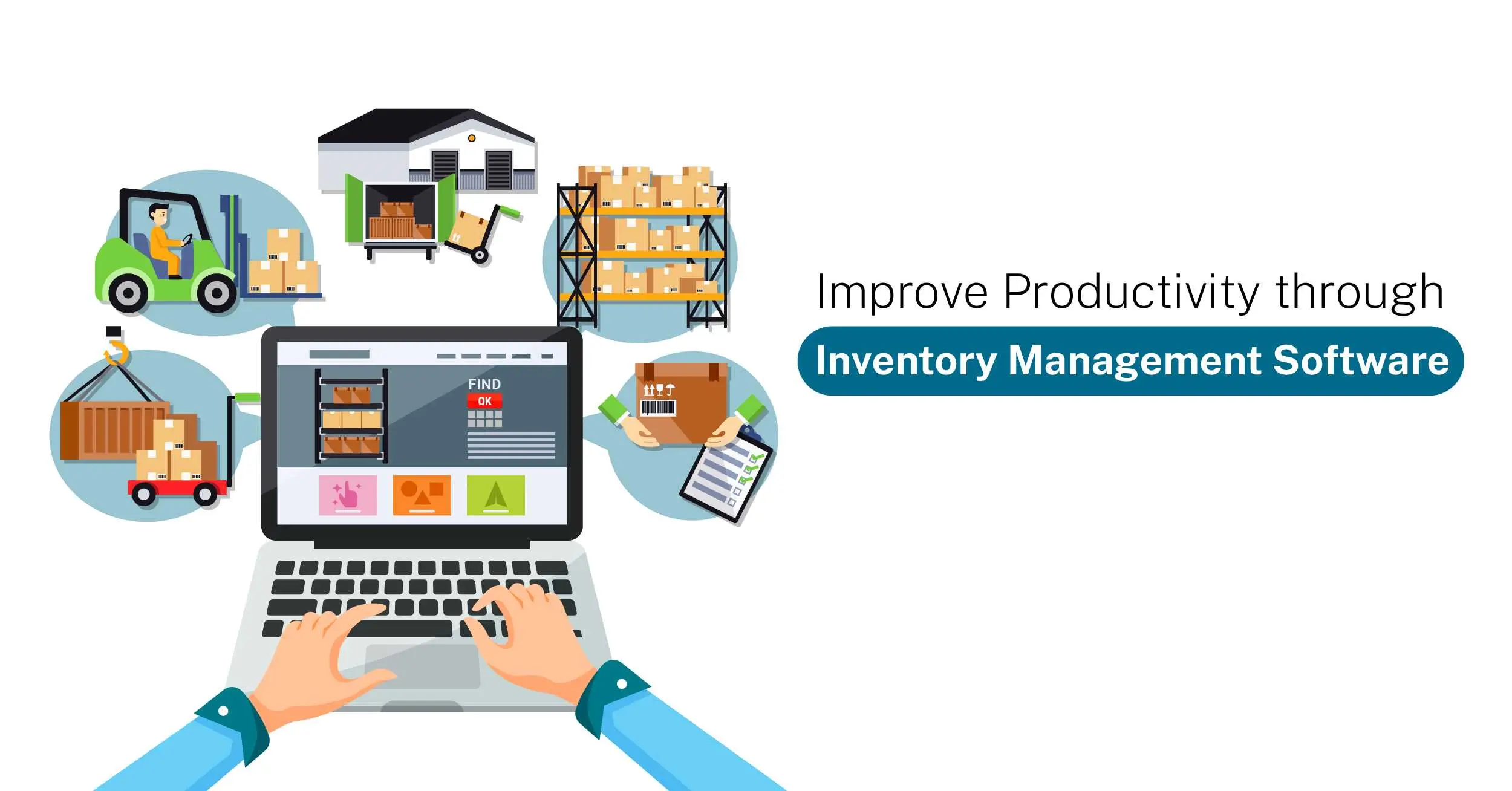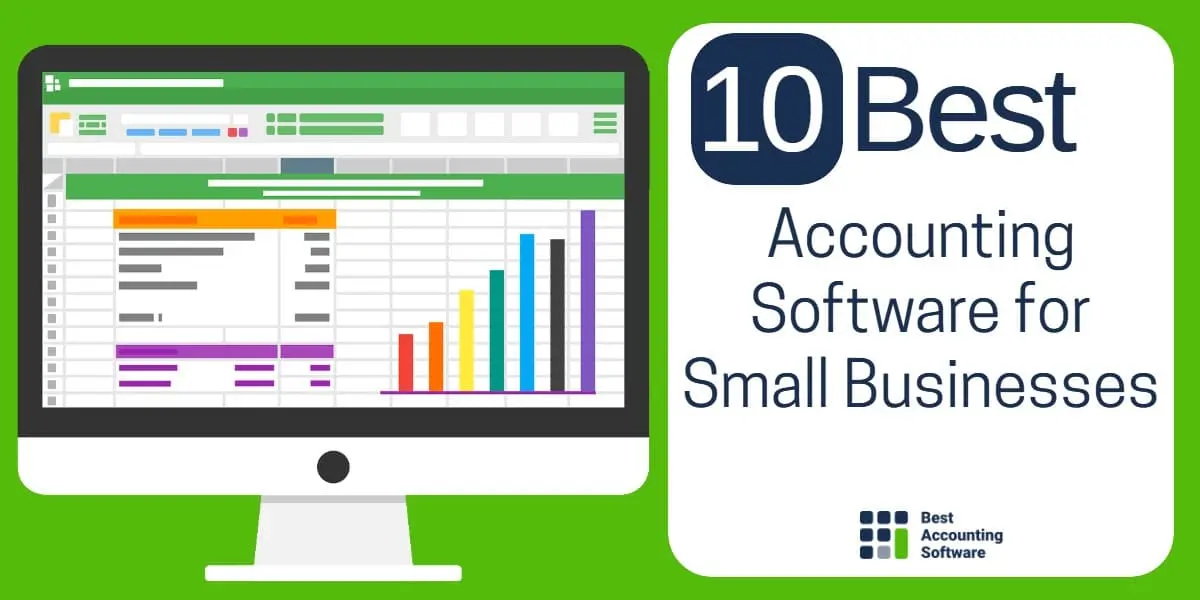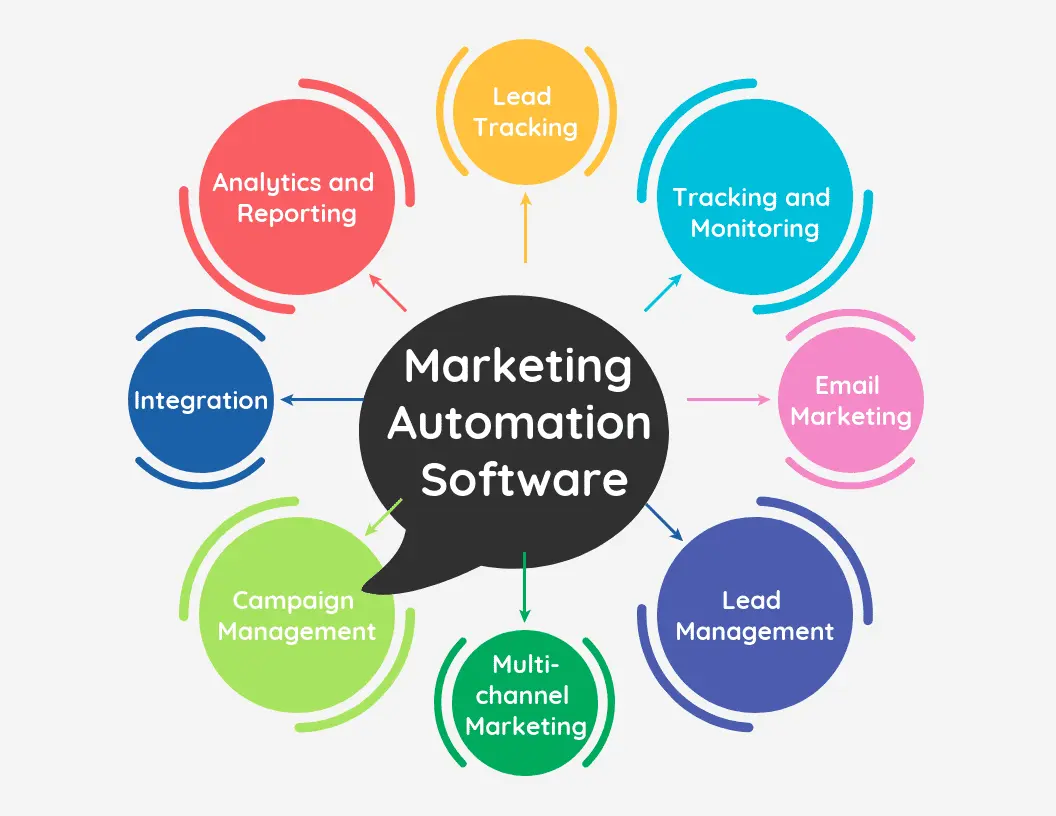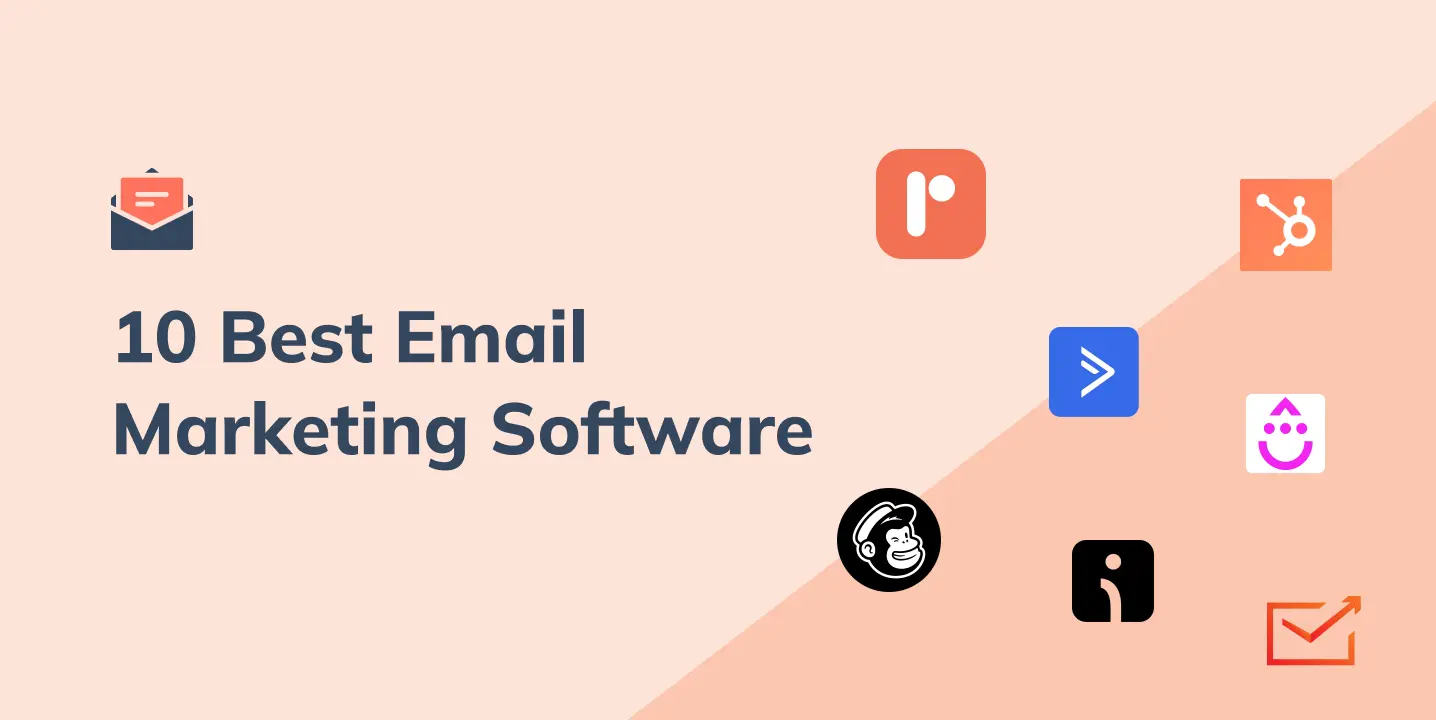
In the rapidly evolving landscape of healthcare, efficient medical billing software has become indispensable. As we progress through 2024, the need for seamless, accurate, and compliant billing processes is more critical than ever. Here, we explore the top medical billing software solutions that are leading the way in transforming healthcare administration.
1. Kareo Billing
Kareo Billing stands out as a premier choice for small to medium-sized practices. Known for its user-friendly interface and robust features, Kareo offers comprehensive billing solutions that integrate with electronic health records (EHR), practice management, and patient engagement tools. Key features include:
- Automated Billing: Reduces manual entry errors and accelerates the billing cycle.
- Claim Tracking: Allows real-time tracking and management of claims.
- Patient Statements: Simplifies the process of generating and sending patient statements.
2. AdvancedMD
AdvancedMD is renowned for its extensive capabilities, catering to practices of all sizes. Its cloud-based platform ensures accessibility and security, providing features that cover the full spectrum of medical billing needs:
- End-to-End Revenue Cycle Management: From scheduling to collections, AdvancedMD streamlines every step.
- Analytics and Reporting: Offers in-depth financial reports and dashboards.
- Customizable Workflows: Tailored to fit the specific needs of diverse medical specialties.
3. DrChrono
DrChrono excels in providing an all-in-one solution that integrates EHR, practice management, and billing into one cohesive system. Particularly favored by smaller practices and solo practitioners, DrChrono offers:
- Mobile Accessibility: Enables billing on the go via a mobile app.
- Customizable Billing Codes: Simplifies coding processes with tailored options.
- Automated Claims Processing: Enhances efficiency and reduces administrative burden.
4. AthenaCollector
AthenaCollector by athenahealth is a powerhouse in medical billing software, recognized for its high first-pass acceptance rate and exceptional customer support. Its features are designed to maximize revenue and minimize administrative overhead:
- Intelligent Claims Management: Uses advanced algorithms to reduce denials.
- Patient Payment Processing: Streamlines payment collection and posting.
- Compliance Tracking: Ensures adherence to the latest regulatory standards.
5. NextGen Healthcare
NextGen Healthcare offers a comprehensive suite that combines EHR, practice management, and billing services. It is particularly suited for larger practices and healthcare organizations due to its scalability and robust functionality:
- Integrated EHR and PM: Seamlessly connects clinical and administrative functions.
- Financial Analytics: Provides detailed insights into practice financial health.
- Patient Portal: Enhances patient engagement and streamlines communication.
6. PrognoCIS
PrognoCIS is a versatile and scalable solution designed to meet the needs of various practice sizes and specialties. Its cloud-based platform offers a range of features that simplify billing processes:
- Electronic Claims Submission: Speeds up the reimbursement process.
- Denial Management: Tools for quickly identifying and addressing denied claims.
- Patient Billing Portal: Allows patients to view and pay bills online.
7. PracticeSuite
PracticeSuite is known for its affordability and comprehensive feature set, making it an excellent choice for small to mid-sized practices. Key features include:
- Revenue Cycle Management: Streamlines the entire revenue cycle.
- Billing Rules Engine: Ensures compliance and accuracy in billing.
- Patient Engagement Tools: Improves patient satisfaction and retention.
Conclusion
The best medical billing software of 2024 offers solutions that go beyond basic billing to encompass comprehensive practice management, patient engagement, and compliance. By leveraging these advanced systems, healthcare providers can enhance operational efficiency, reduce errors, and improve overall financial performance. As technology continues to evolve, these platforms will play an increasingly vital role in the healthcare industry's ability to deliver quality care while maintaining financial health.

